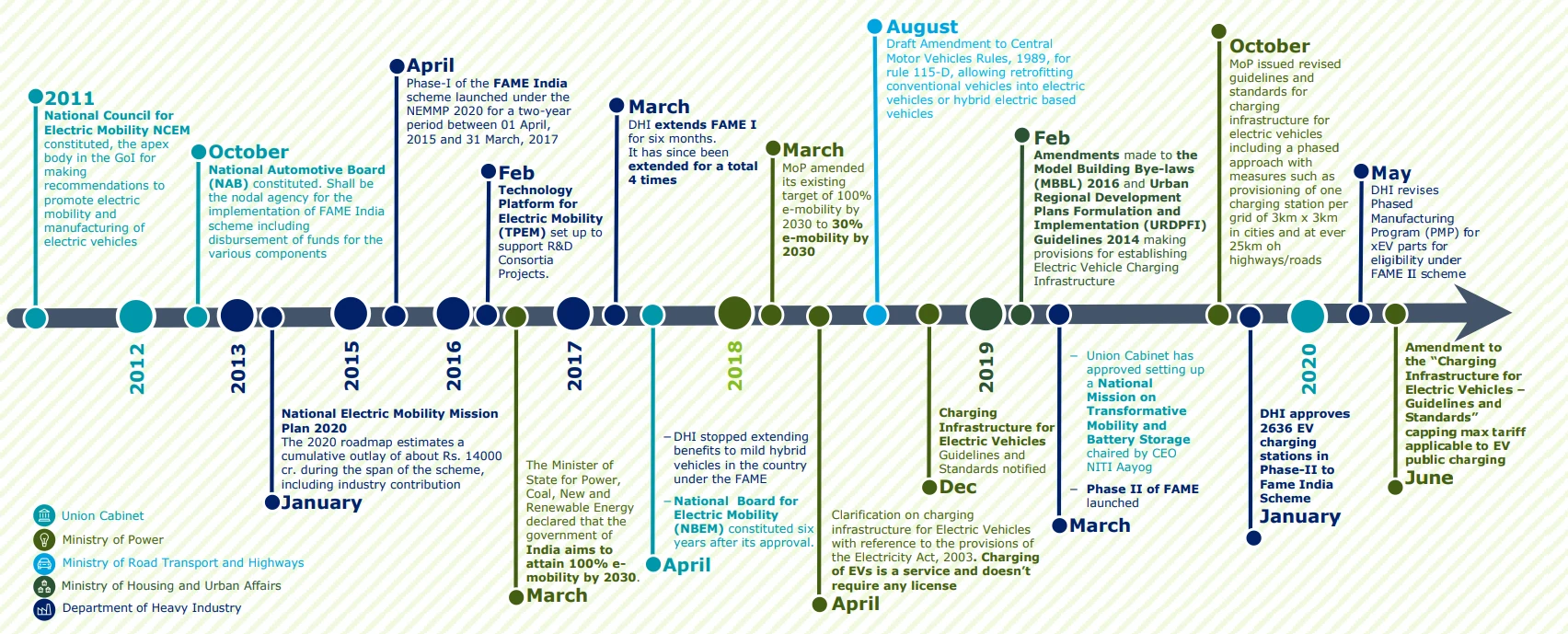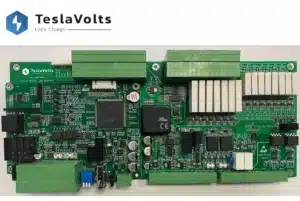In order to guarantee price transparency for EV drivers, India has taken the initiative.
Operators of driver and charger networks are required by Indian EV Law to bill charge sessions and provide pricing information in a fair and transparent manner starting in 2022.
Learn how to adhere to Indian calibration and pricing regulations to safeguard your charge company from unwarranted legal claims.
Learn the regulations that relate to your chargers whether you are a new player in the Indian market or you are extending your enterprise to include public charging stations.
- Understand the ins and outs of E-AMRIT
- Assess whether E-AMRIT law applies to your business
- Learn how to bill charge sessions correctly
- Discover the key features of E-AMRIT-compliant roaming agreements
Pricing model
E-mobility businesses in India can select any of the following pricing structures despite the fact that flat costs per session and tariffs based only on time spent charging are no longer permitted :
- price per unit of electricity consumed (kWh)
- price per unit of electricity consumed (kWh) + time component
- starting fee + price per unit of electricity consumed (kWh) + time component
- flat rate model based on monthly or yearly payments
- price calculated based on the time spent parking (regardless of time spent charging)
Price transparency
According to the Alternative Fuel Infrastructure Directive (AFID) and MessEG, e-mobility companies also need to communicate charging information to the driver in a transparent way.
For CPOs and EMSPs in the Indian market, this means that they need to keep a detailed record of the amount of energy supplied during each charge session.
This information must be shared with drivers on their invoice, while every effort is made to protect sensitive user data from third parties.




